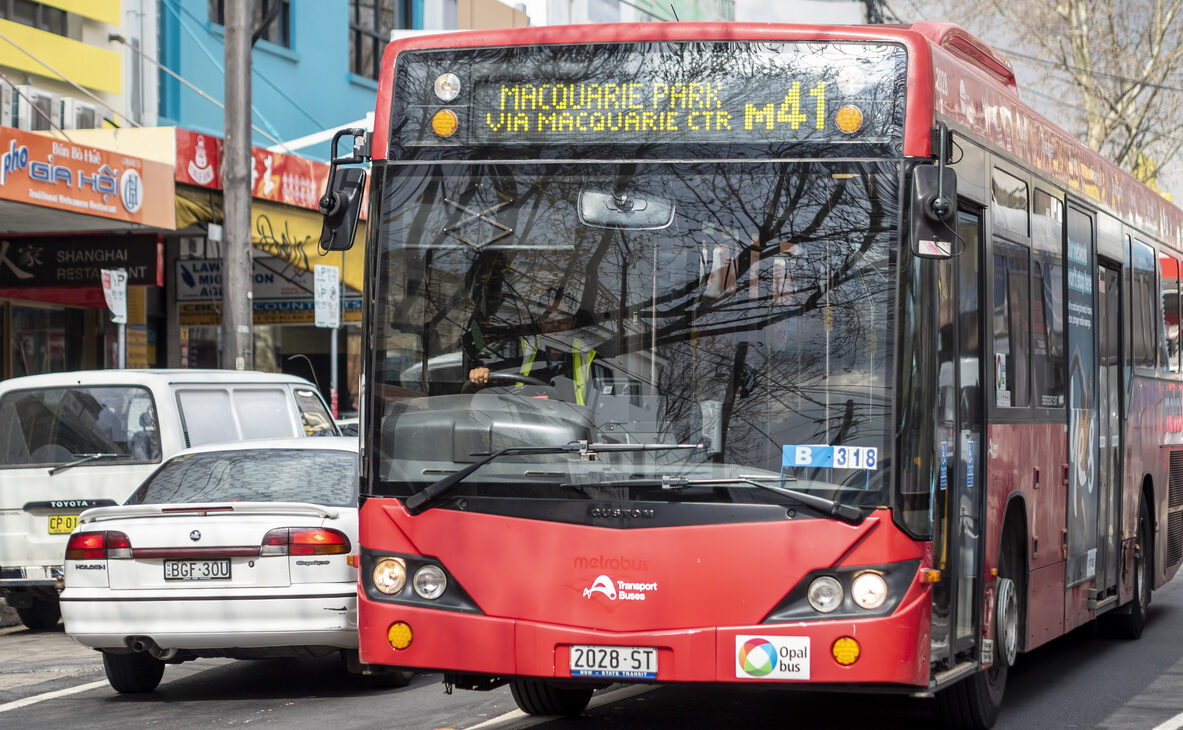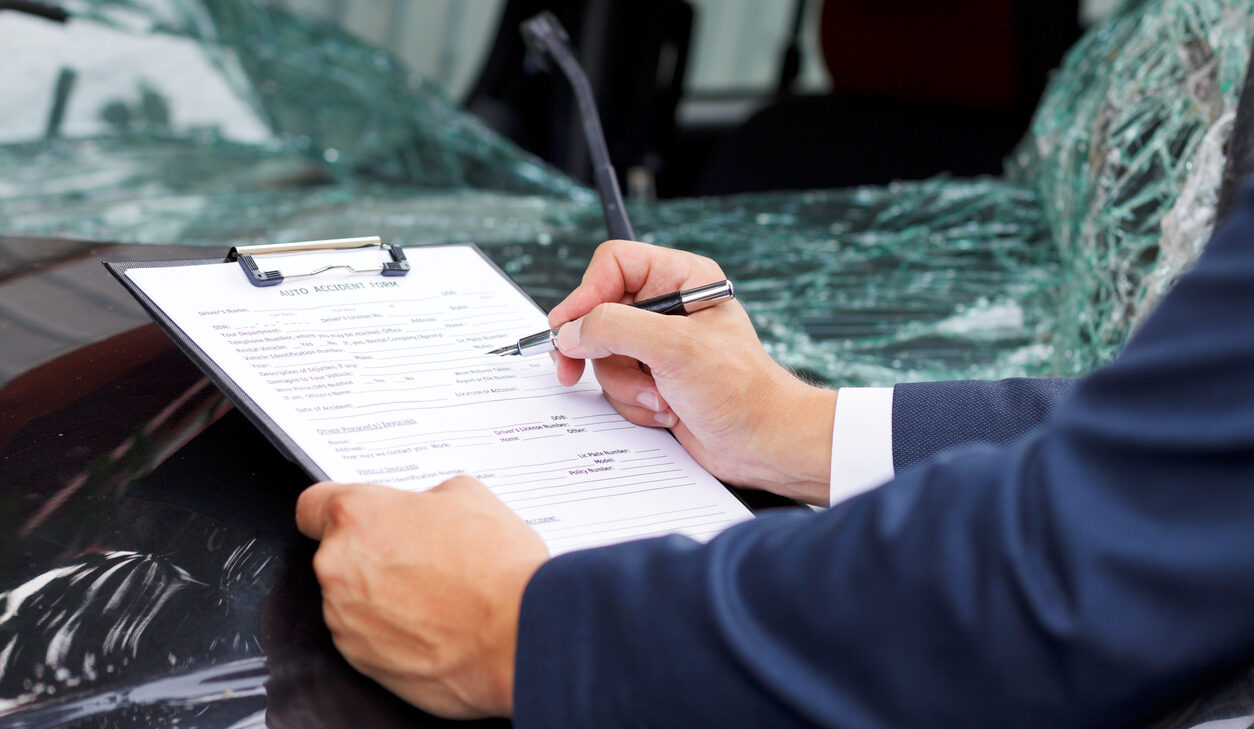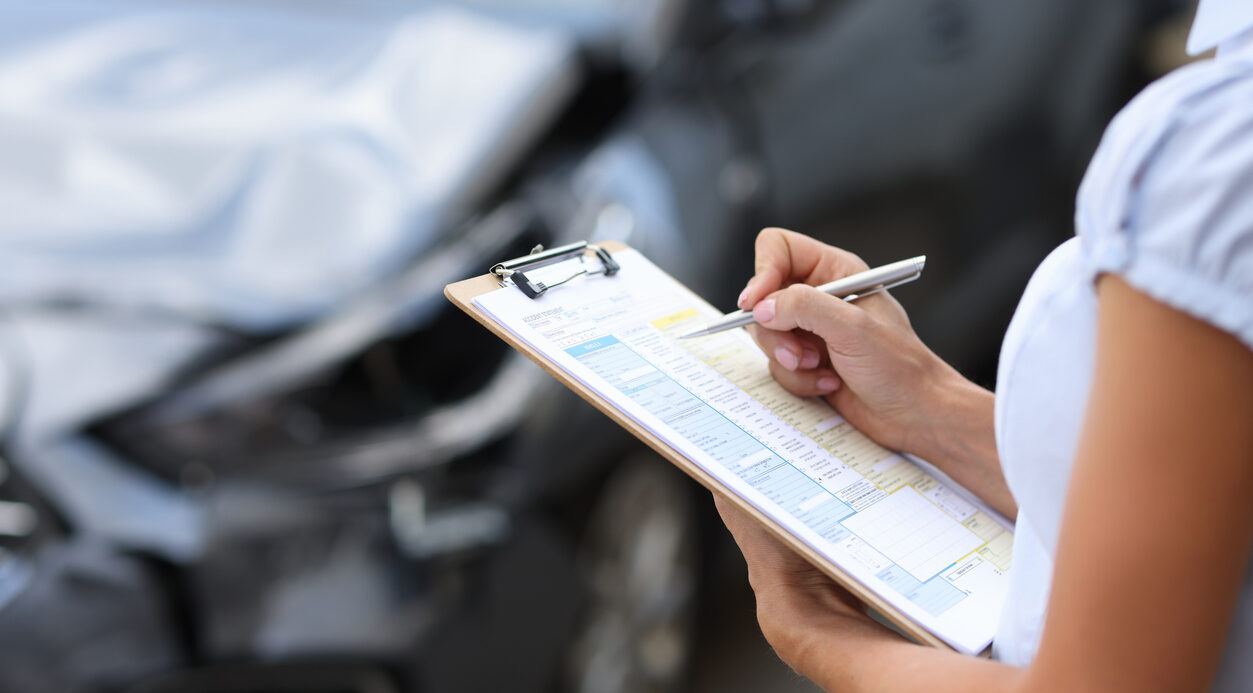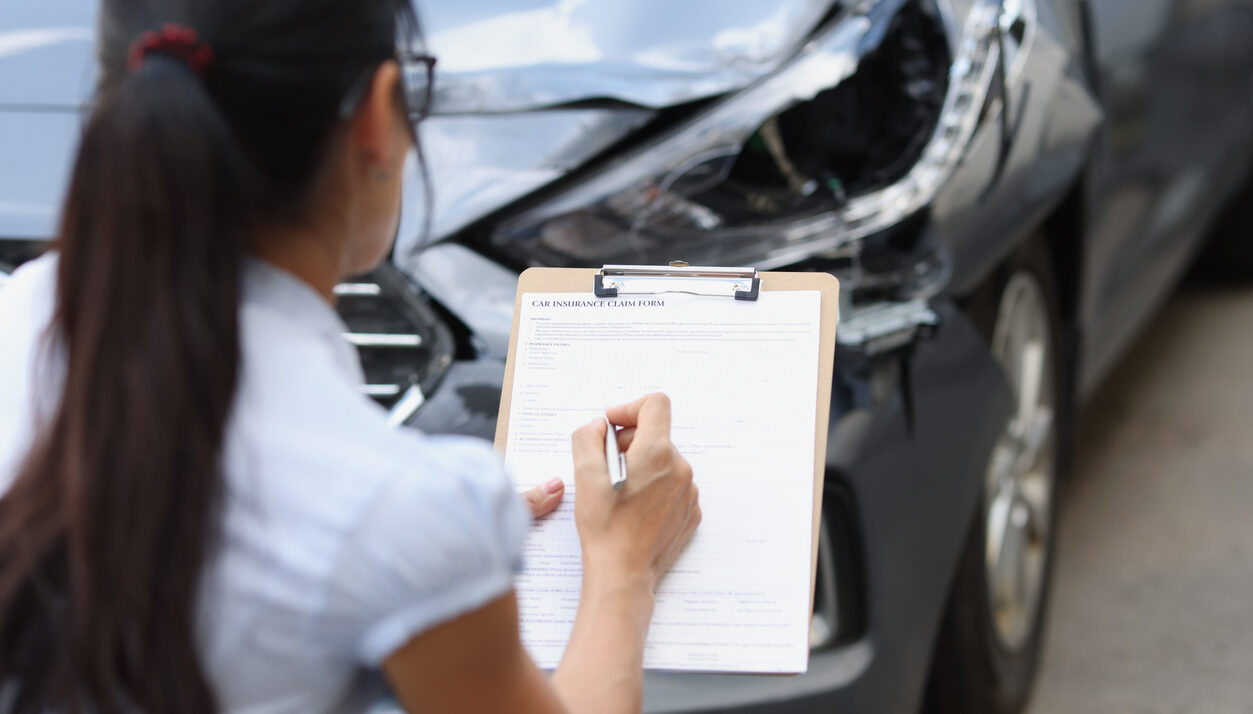What are some common bus accidents I can claim for?
You can claim compensation for any public bus accident that occurs on the road. Some of the most common situations we’ve helped clients claim for include:
This isn’t a complete list, just some of the most common claims we’ve successfully handled. If you were injured on a bus, there’s a good chance you’re entitled to compensation. To find out whether you qualify, just contact our expert bus injury lawyers today.
Start your free online claim check
Find out if you’re eligible for a bus accident claim in NSW today.
How much bus accident compensation will I get?
In NSW, the amount of compensation you can receive after a bus accident depends on a few key factors, like how serious your injuries are, whether you can return to work, and whether you were partly at fault for what happened.
As a general guide, here’s what your bus accident compensation could look like:
Depending on your situation, your compensation could include a mix of the following:
What is ‘pain and suffering’ compensation?
Pain and suffering (also called non-economic loss) is a measure of how much the injury has negatively affected your life. It’s more difficult to quantify than ‘economic’ losses like lost income or medical treatment because it’s based on your subjective experience.
Depending on your situation, pain and suffering compensation may include the injury’s impact on your daily life, emotional well-being, and overall happiness. While it’s harder to prove, it’s a crucial part of your bus compensation because it can result in a significant lump sum payout.
To claim compensation for pain and suffering in NSW, you must meet a minimum level of Whole Person Impairment (WPI).
What is WPI and how does it affect your compensation?
WPI is a percentage that reflects the permanent impact your injury has had on your body. It’s determined by an independent medical assessor once your condition has ‘stabilised’. In this context, stabilised just means your condition is unlikely to change with further time or treatment.
The higher your WPI, the more compensation you may be entitled to. However, in NSW, there is a maximum possible payout for pain and suffering compensation that increases each year with inflation. As of October 2024, the maximum payout is $654,000.
It’s important to remember that pain and suffering is just one part of a bus accident compensation claim. In many cases, you may receive more for lost future income, long-term care, or ongoing treatment costs — especially if your injuries are serious or you were on a high income before the accident.
What if I’m partly to blame for my injuries?
The value of your bus accident compensation may be reduced if your own actions partly caused your injuries. This is known as contributory negligence.
Some common examples include:
Importantly, contributory negligence doesn’t automatically disqualify you from claiming, but it can affect the amount of compensation you receive. The more your actions are deemed to have contributed to the injury, the greater the potential reduction.
For example, say you stand up to disembark before the bus has fully stopped. The driver brakes suddenly, and you’re thrown forward, breaking your wrist. The insurer might argue that you were 30% responsible for your own injuries and reduce your compensation accordingly.
That’s why it’s crucial to have an experienced bus accident attorney on your side. We’ll push back with strong evidence to show that your actions played a far smaller role than the insurer claims. In some cases, we’ve been able to have contributory negligence reduced to 0%, meaning our clients received the full compensation they deserved.
Can I still claim if no one caused the bus accident?
In some cases, you might be injured in a bus accident where no one is legally at fault. These are known as ‘blameless accidents’ in NSW, and they can include situations such as:
Even if no one is to blame, you may still be entitled to compensation under NSW’s blameless accident scheme. The amount you can claim is the same as if you were injured in a standard bus accident where a bus driver or other party is to blame.
What should I do if I’m injured in a bus accident?
If you’ve been injured in a bus accident, taking the right steps early on can make a big difference to your recovery and your compensation. Here’s what to do:
- Gather essential information: if your injuries are serious, focus on getting medical help first. But if it’s safe to do so, try to collect important details at the scene, including the bus registration number, the time and location of the accident, the bus driver’s name, contact details of any witnesses, and photos of the bus, the accident scene, and any visible injuries.
- Seek medical treatment: even if your injuries seem minor, see a doctor as soon as possible. Not only is this important for your health, but it also creates a medical record to support your claim.
- Report the accident: notify the bus company promptly and record the name of the person you speak with. You should also file a police report within 24 hours of the accident.
- Collect witness statements: if you didn’t get statements at the scene, try to follow up with anyone who may have seen what happened, including other passengers or the bus driver. Gather their contact details and, if possible, written accounts of what they saw.
- Speak to a public transport accident lawyer: we strongly recommend speaking with a lawyer experienced in bus and public transport accidents. In a free consultation, we’ll explain your rights and develop a strategy to maximise your compensation. We can also interview witnesses and collect medical evidence on your behalf.
Can I get help with my bus passenger accident claim?
Absolutely! If you’re injured in a bus accident, you can speak to one of our expert lawyers for free.
During your consultation, we’ll listen to your story and explain your entitlements, including the types of compensation you can claim and how much you could expect. There’s no obligation to proceed after this chat, but if you choose to go ahead, you’ll be covered by our No Win No Fee guarantee. Here’s what that means for you:
Frequently asked questions
Yes, strict time limits apply to all bus accident claims in NSW.
- Within 28 days: you must report the accident to the police.
- Within 3 months: you’ll need to submit an Application for Personal Injury Benefits form to the Personal Injury Commission.
- Within 3 years: you must start court proceedings.
If you’ve missed a deadline, don’t panic. Our experienced bus injury solicitors understand the exceptions and extensions that may apply. Over the years, we’ve helped hundreds of clients get delayed claims approved, even when they thought it was too late.
If your public bus accident lawsuit is successful, your compensation will usually be paid by the bus operator’s insurance company — not the individual driver. All bus companies in NSW are required to carry insurance that covers their drivers and vehicles in the event of an accident, so the driver is not personally liable for any compensation you receive.
You don’t need to be working full-time (or at all) to have a strong bus accident compensation claim. Here’s how it works depending on your situation:
What can I claim if I’m not currently working?
If you were receiving Centrelink or between jobs at the time of the accident, you can still claim for:
- Loss of potential future earnings.
- The impact the injury might have on future job prospects.
- Medical and rehabilitation expenses.
- Domestic care or support.
- Pain and suffering.
What can I claim if I was working part-time?
If you were working part-time at the time of the bus accident, your compensation can include:
- Lost income based on your actual part-time wages.
- Reduced future earning capacity.
- The effect on your career progression or ability to increase hours.
- All your medical, travel, and care-related expenses.
What can I claim if I’m retired?
If you were retired or on a pension when the accident happened, you are still entitled to claim for:
- Medical treatment and ongoing care.
- Home modifications or support services.
- Loss of independence or the ability to do domestic tasks.
- Pain and suffering.
In NSW, you don’t have to be a bus passenger to make a bus accident claim. You may be entitled to compensation if you were:
- The driver of another vehicle.
- A cyclist or motorcyclist hit by a bus.
If the bus driver or another party caused the accident, you could be eligible for the same compensation as passengers injured on the bus. However, if you were at fault, your compensation will be assessed differently.
Since NSW has a ‘no-fault’ accident scheme, you may still be eligible for compensation, including:
- Lost income: up to 95% of your pre-injury earnings for the first 13 weeks, and up to 85% from weeks 14 to 52.
- Medical treatment: the insurer generally pays your doctors and treatment providers directly, so these expenses won’t come out of your weekly payments. However, there may be caps depending on the seriousness of your injury.
- Help at home: this can include paid support or unpaid help from family and friends, such as cleaning, cooking, or personal care
If your injuries are more serious or cause ongoing issues, you may also be entitled to:
- Future loss of income or reduced earning capacity.
- Ongoing medical expenses.
- Rehabilitation.
To learn more about getting compensation after a bus accident where you may be at fault, visit our guide to making a CTP claim in NSW. If you’d prefer to speak to someone directly, get in touch. Our lawyers will listen to your story and explain your options, free of charge.



